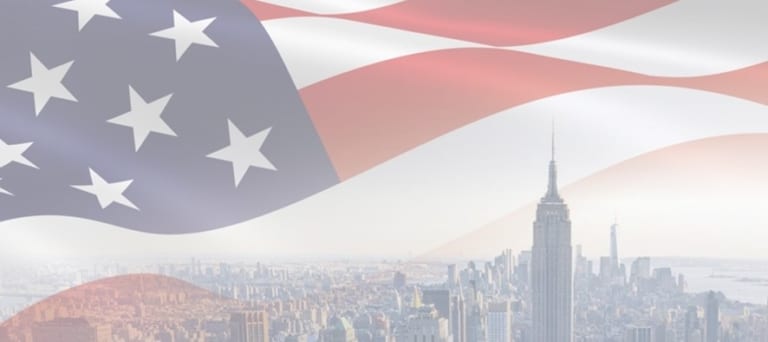USCIS announced an increase in the premium processing fee for Form I-129, Petition for a Nonimmigrant Worker and Form I-140, Immigrant Petition for Alien Workers, beginning on October 1, 2018. The premium processing fee will increase to $1,410. This increase will affect any L-1 and EB-1C petitions that our clients


